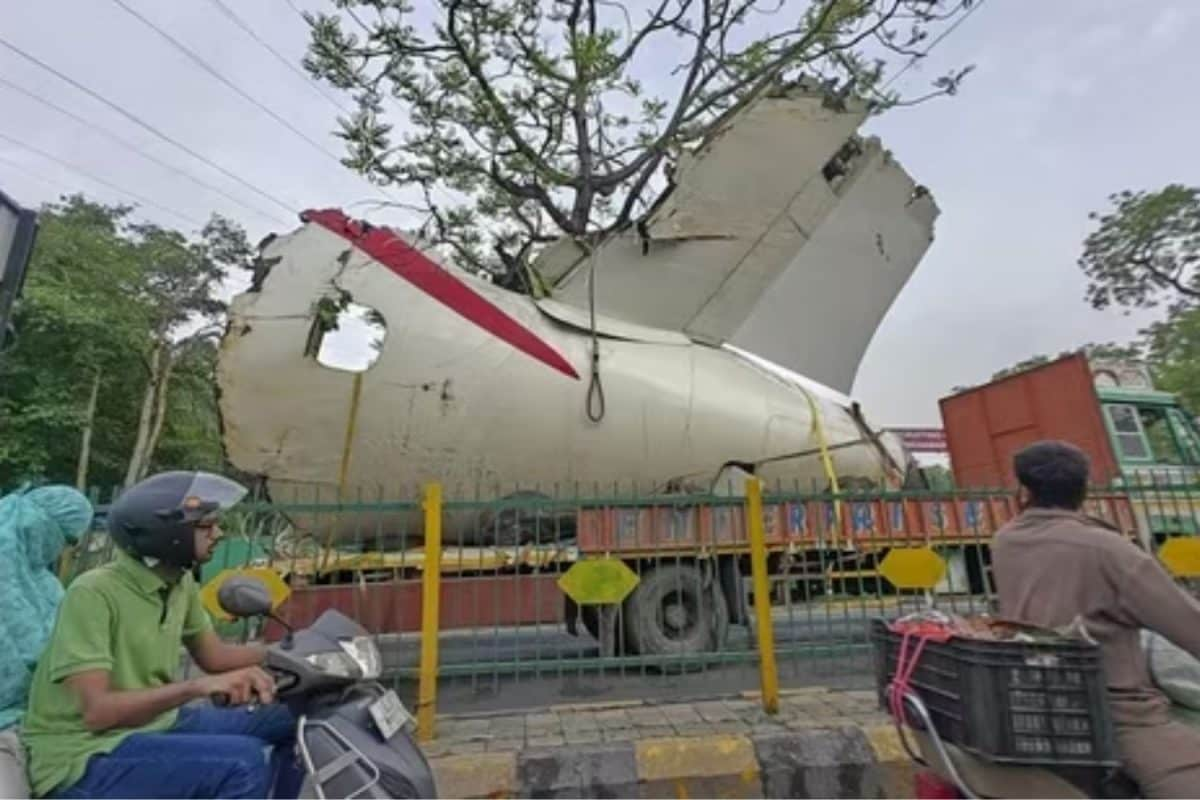

The Air India Express Flight 1344 crash at Kozhikode International Airport on August 7, 2020, a tragedy that claimed the lives of 21 people, including both pilots, has been the subject of intense scrutiny. The Aircraft Accident Investigation Bureau (AAIB) report, while providing a detailed account of the events leading up to the crash, has also raised several questions and sparked debate within the aviation community.
The report primarily attributed the crash to the pilot flying (PF)'s non-adherence to standard operating procedures (SOPs), specifically continuing an unstabilized approach and landing beyond the touchdown zone despite a "Go Around" call by the Pilot Monitoring (PM). It further states the PM failed to take over controls to execute the "Go Around". While this highlights a clear breakdown in crew resource management (CRM), it also begs the question of why these deviations occurred and whether systemic issues played a significant role.
One of the major points of contention is the influence of systemic failures within Air India Express. The AAIB report itself acknowledges that systemic issues contributed to the accident. These include potential lack of adequate staffing, maintenance issues, and a safety culture that may have inadvertently encouraged pilots to prioritize operational pressures over safety. For instance, the captain was informed before the flight that he was to operate the next day's flight out of Kozhikode. The report suggests the commander's actions and decisions were motivated to land at Kozhikode in order to operate the next day's morning flight. This raises concerns about whether the pilot felt undue pressure to land at Kozhikode, even under adverse conditions.
The weather conditions at Kozhikode were undoubtedly challenging, with heavy rain and a tailwind. The report notes that the actual tailwind exceeded the limits deemed safe for landing, yet the pilots proceeded with the approach. Communication issues also appear to have been a factor. The Air Traffic Control (ATC) provided weather updates, but the cockpit crew did not fully discuss or analyze the information. The first officer's attempts to call for a "Go Around" were deemed "unassertive," and he did not take control of the aircraft. This raises questions about the clarity and assertiveness of communication within the cockpit and whether the first officer felt empowered to challenge the captain's decision.
Furthermore, Kozhikode International Airport's tabletop runway design has been a long-standing concern. Tabletop runways, characterized by steep drop-offs at either end, offer little margin for error during landing. In the event of a runway overrun, the consequences can be catastrophic, as demonstrated by this crash. Despite previous recommendations to improve safety features at tabletop airports, the lack of an engineered materials arrestor system (EMAS) at Kozhikode likely exacerbated the severity of the accident.
The AAIB report made 43 safety recommendations to prevent similar accidents in the future. However, the question remains whether these recommendations will be effectively implemented and whether they will address the underlying systemic issues that contributed to the crash. Past incidents involving Air India Express have shown a pattern of recommendations being ignored or inadequately implemented, raising concerns about the airline's commitment to safety.
In conclusion, while the AAIB report provides valuable insights into the immediate causes of the Air India Express Flight 1344 crash, it also highlights the complex interplay of factors that can contribute to aviation accidents. The report raises critical questions about pilot decision-making, crew resource management, communication protocols, systemic pressures, and the safety of tabletop runways. Addressing these questions will require a multifaceted approach that includes not only stricter adherence to SOPs but also a fundamental shift in safety culture and a commitment to implementing comprehensive safety improvements. Only then can the aviation industry hope to prevent similar tragedies from occurring in the future.